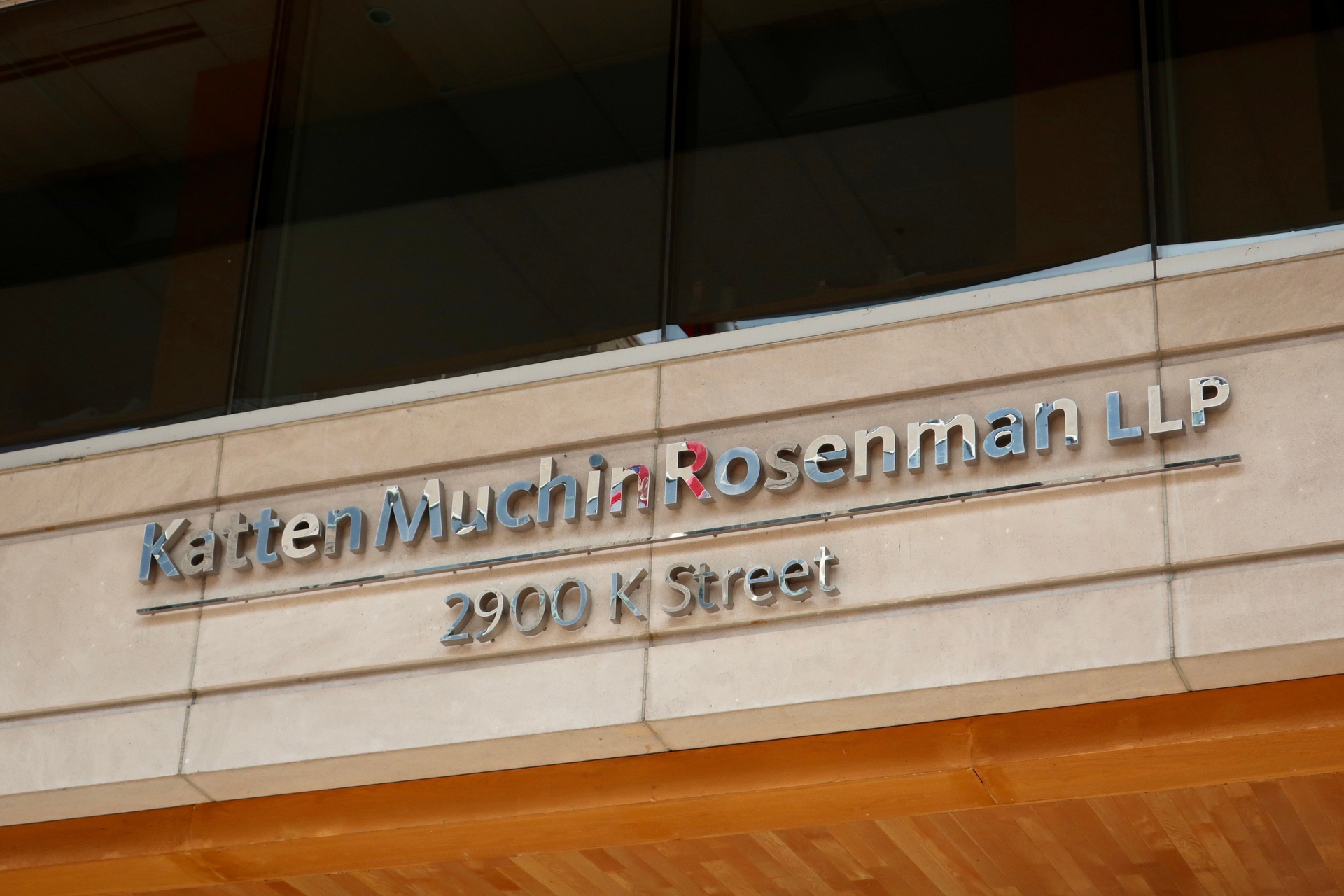A California state judge has sided against Katten Muchin Rosenman LLP in a dispute over which damages law should apply in a $950 million malpractice lawsuit against consumer lender CashCall, denying the firm’s bid to apply a Washington, D.C. law ahead of an August 16 trial.

Superior Court Judge William Claster ruled last week that a California compensatory negligence law should apply, reversing a tentative ruling he issued last month in which he found that a D.C. law should apply.
CashCall first sued Katten in April 2017, claiming the firm pushed the company to build an online lending program in partnership with South Dakota lender, Western Sky Financial LLC. This lender was founded on the idea that its high-interest short-term loans would not encroach upon state and federal laws because they were consummated on a Native American reservation.
According to court filings, CashCall claims that Katten “disavowed their own advice” and blamed them for the firm’s “own reckless and careless work,” causing further damage. The lender also alleges this malpractice, breach of contract, and breach of fiduciary duties has cost it hundreds of millions of dollars in court judgments, regulatory fines and penalties, restitution, lost interest, unrecoverable loans, legal fees, and the reduction in value of its business and lost business opportunities. It filed an amended complaint in March 2020, seeking approximately $950 million, as well as prejudgment interest and punitive damages.
Were the D.C. law to apply in August, the firm would pay no damages if the jury determined CashCall played any role in its own losses. But because the California law controls the case, the firm will be on the hook for the percentage of its responsibility as determined by the jury.
Judge Caster found that while a majority of the allegedly negligent work was performed in the firm’s D.C. office, the allegedly tortious conduct took place in CashCall’s Orange County headquarters, where it received the allegedly bad legal advice.
He also noted that in his June 10 tentative ruling he had failed to “correctly analyze where the alleged wrongful conduct occurred and then apply the governmental interest test in light of that revised analysis.”
“CashCall was injured in California,” he said. “CashCall allegedly sold its businesses at a loss in California, the [U.S. Consumer Financial Protection Bureau] action took place in California, and CashCall incurred legal expenses related to the Western Sky program in California.”
A spokesperson for Katten said the allegations against the firm are without merit, describing the damages claim as “speculative,” not backed up by credible evidence, and “mainly to draw negative media attention to our firm.”
“California courts have unanimously rejected the doctrine as fundamentally unjust,” Reuben Camper Cahn, counsel for CashCall said. “And as Judge Claster noted, there is really no justification for an Illinois law firm with offices across the country and around the world to hide behind the District’s antiquated rule.”
Read more articles from Haute Lawyer, visit https://hauteliving.com/hautelawyer


















